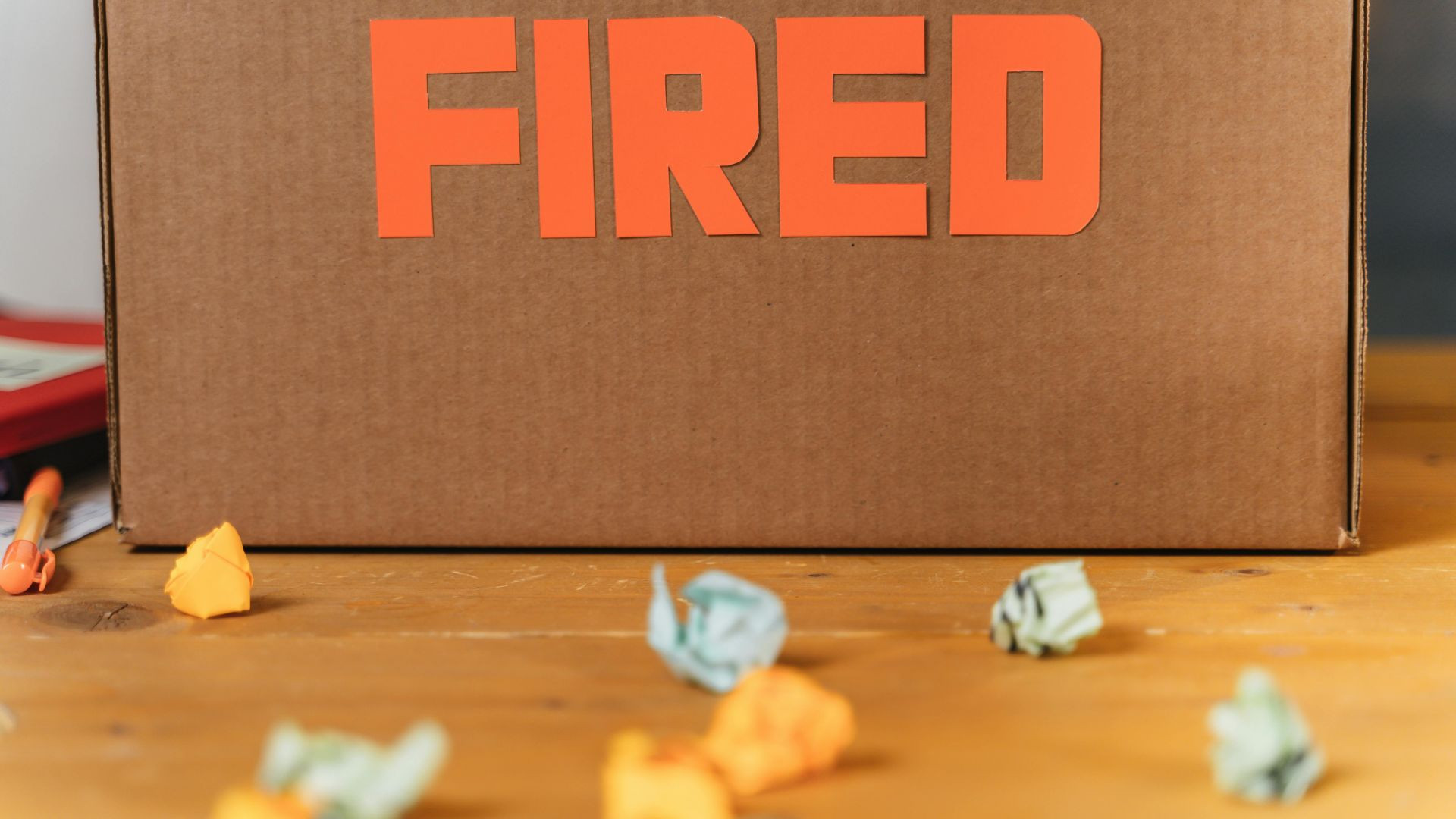Effective budgeting is the cornerstone of personal finance management. This article explores practical budgeting tips and tools to help you take control of your finances and achieve your financial goals.
Understanding the Importance of Budgeting
Budgeting involves creating a plan to manage your income, expenses, and savings. It helps you track your spending, avoid debt, and ensure that you are living within your means. A well-structured budget provides financial clarity and helps you achieve both short-term and long-term financial goals.
Practical Budgeting Tips
Track Your Income and Expenses: Begin by tracking all sources of income and categorizing your expenses. Use tools like Mint or YNAB (You Need a Budget) to help you monitor your cash flow.
Set Realistic Financial Goals: Define clear and achievable financial goals, such as saving for a vacation, paying off debt, or building an emergency fund. Having specific goals gives you a sense of purpose and motivation.
Create a Monthly Budget: Allocate your income to cover essential expenses (housing, utilities, groceries) and discretionary spending (entertainment, dining out). Ensure you also include savings and debt repayment in your budget.
Use the 50/30/20 Rule: This budgeting method allocates 50% of your income to needs, 30% to wants, and 20% to savings and debt repayment. It provides a balanced approach to managing your finances (50/30/20 Rule).
Automate Your Savings: Set up automatic transfers to your savings account to ensure you consistently save a portion of your income. Automating savings helps you build wealth without thinking about it.
Reduce Unnecessary Expenses: Identify areas where you can cut back on spending. This might include canceling unused subscriptions, cooking at home more often, or finding cheaper alternatives for certain products or services.
Budgeting Tools to Consider
Mint: A free budgeting tool that connects to your bank accounts, tracks your spending, and provides insights into your financial habits (Mint).
YNAB (You Need a Budget): A popular budgeting tool that helps you allocate every dollar to a specific purpose, promoting mindful spending and saving (YNAB).
PocketGuard: A budgeting app that shows how much disposable income you have after accounting for bills, goals, and necessities (PocketGuard).
Personal Capital: A financial planning tool that tracks your investments and net worth, helping you manage both your budget and your long-term financial goals (Personal Capital).
Staying on Track with Your Budget
Review and Adjust Regularly: Regularly review your budget to ensure it reflects your current financial situation and goals. Adjust your budget as needed to account for changes in income or expenses.
Stay Disciplined: Stick to your budget and avoid impulse purchases. Remind yourself of your financial goals and the importance of staying on track.
Use Cash Envelopes: For discretionary spending categories, consider using a cash envelope system. Withdraw cash for these expenses and place it in labeled envelopes. Once the cash is gone, avoid spending more in that category (Cash Envelope System).
Conclusion
Mastering personal finance begins with effective budgeting. By tracking your income and expenses, setting realistic financial goals, using budgeting tools, and staying disciplined, you can take control of your finances and achieve financial success. Start implementing these budgeting tips and tools today to build a secure financial future.










